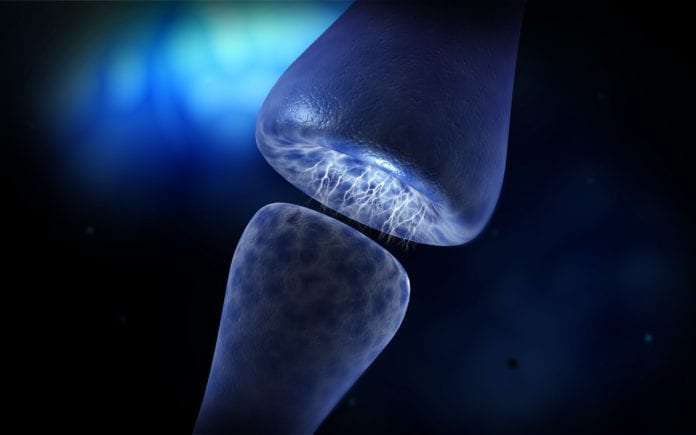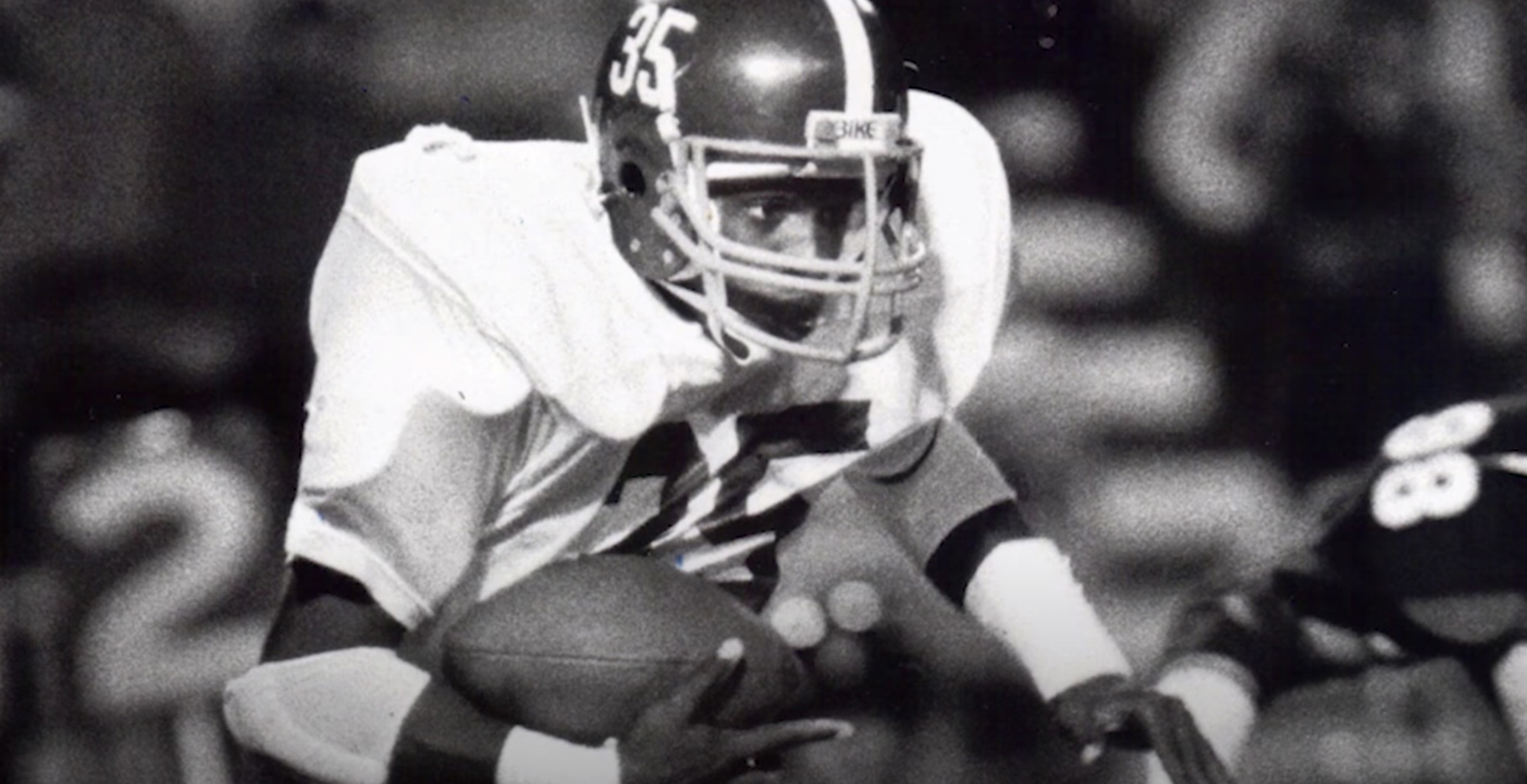Over the years, Jamie has traveled thousands of miles and seen dozens of specialists in his quest to speak again. In his journeys, he turned to Hyder Jinnah, MD, PhD, a neurologist at Emory Brain Health Center who is widely known for his research in movement disorders — particularly dystonia.
Oromandibular dystonia is a perplexing condition, Dr. Jinnah explains, “Somehow, the brain gets the signal wrong and sort of over-does the movement. The muscles contract too strongly and occasionally go into spasms. When Jamie speaks, his tongue is doing way more than it should.” Dr. Jinnah believes that Jamie was born with something that genetically predisposed him to the condition and that it was triggered by something when he got sick during his family vacation a few years ago.
Dystonia can affect any area of the body, but the way it affects Jamie is considered rare. According to Dr. Jinnah, people who use their voice a lot, like radio announcers, preachers and teachers, are the ones who develop this particular type of dystonia most frequently.
Since the tongue is such a complicated muscle, oromandibular dystonia is very difficult to treat. Jamie was given the option of three paths for treatment — medication, botulinum injections or deep brain stimulation surgery — none with highly-optimistic success rates.
After weighing the pros and cons of each option, Jamie chose botulinum (Botox®) injections into his tongue. The hope was that the injection would relax his tongue enough to enable Jamie to speak clearly. Unfortunately, the treatment did not provide the improvement Jamie and his doctor were hoping for.




